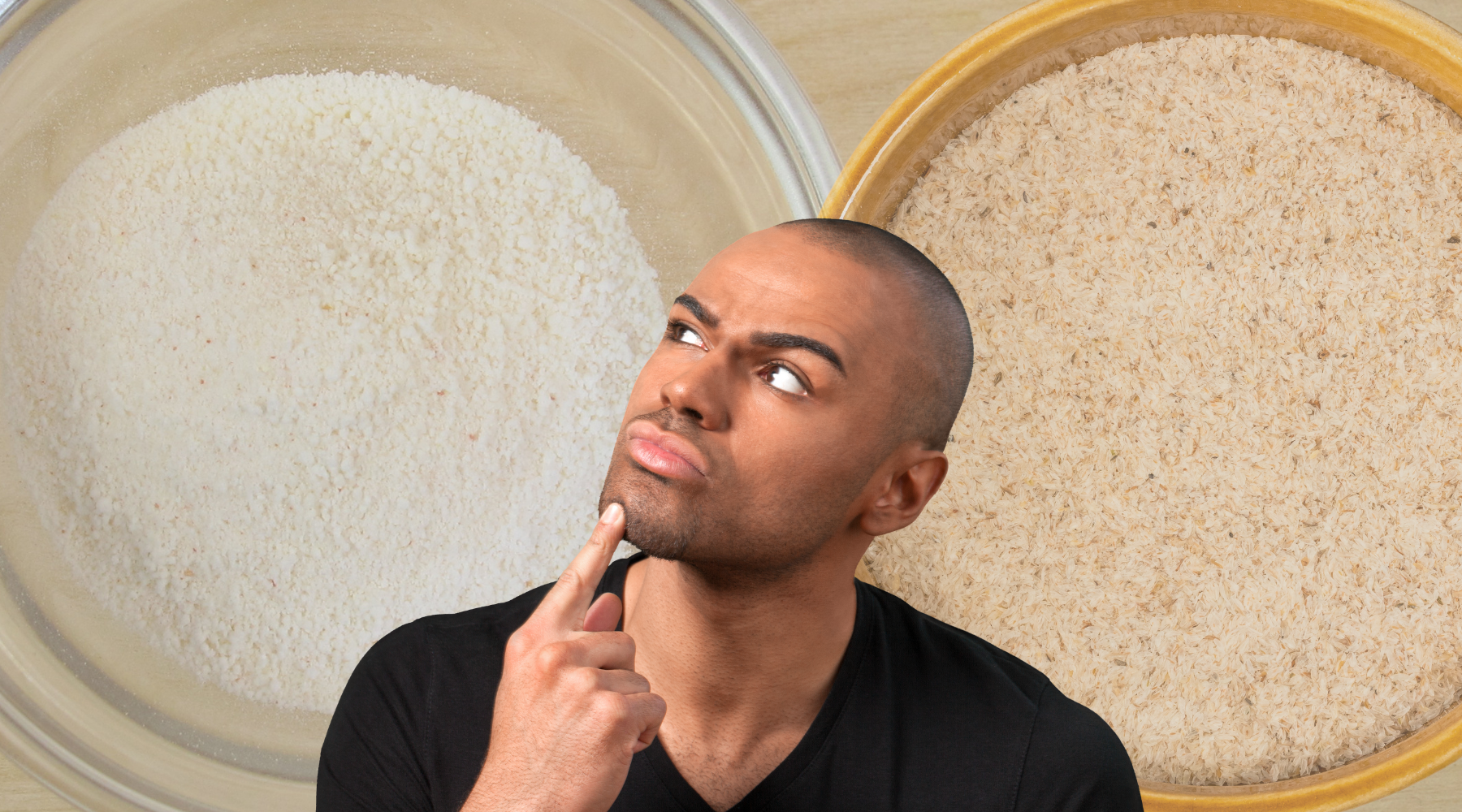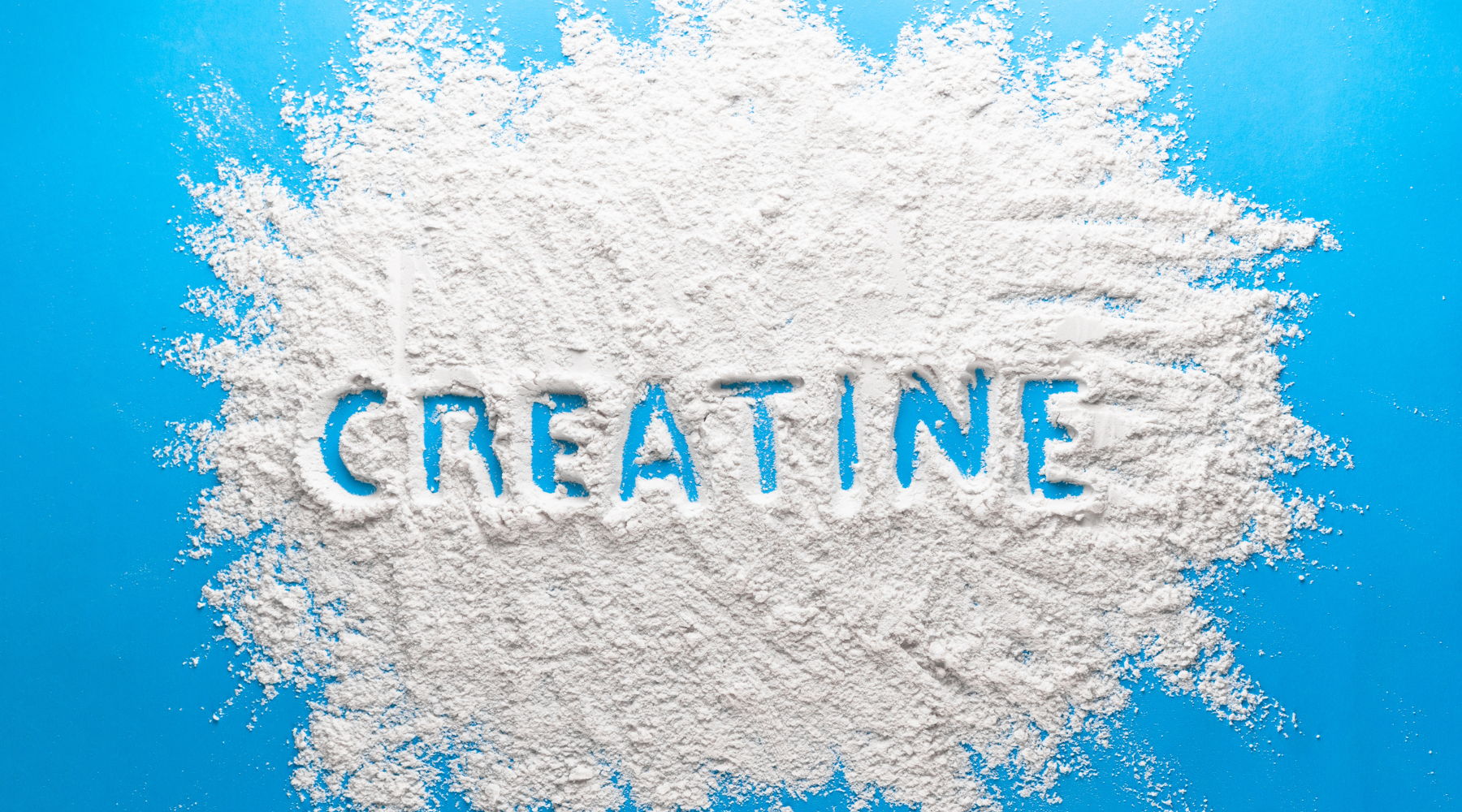
Exploring Inulin Fiber vs. Psyllium Fiber: Choosing the Right Fiber for You
In the quest for a healthier lifestyle, the importance of dietary fiber cannot be overstated. Fiber plays a crucial role in digestive health, weight management, and even heart health. However, with so many fiber supplements and products on the market, it can be challenging to discern which type is best suited for your needs. Two popular options are inulin fiber and psyllium fiber. Let's delve into the characteristics of each to help you make an informed decision.
Understanding Inulin Fiber
Inulin is a type of soluble fiber found in many plants, including chicory root, artichokes, and asparagus. It's commonly used as a functional ingredient in processed foods and supplements due to its ability to improve texture and increase fiber content.
Benefits of Inulin Fiber:
-
Prebiotic Properties: Inulin acts as a prebiotic, nourishing the beneficial bacteria in your gut. A healthy gut microbiome is linked to improved digestion, immune function, and even mood regulation.
-
Blood Sugar Control: Research suggests that inulin fiber may help stabilize blood sugar levels by slowing down the absorption of glucose in the intestines. This can be especially beneficial for individuals with diabetes or those at risk of developing the condition.
-
Weight Management: Inulin has been shown to increase feelings of fullness, potentially aiding in weight management by reducing overall calorie intake.
Exploring Psyllium Fiber
Psyllium is derived from the husks of the Plantago ovata plant's seeds and is known for its excellent water-absorbing properties. It has been used for centuries as a natural remedy for constipation and other digestive issues.
Benefits of Psyllium Fiber:
-
Relief from Constipation: Psyllium is perhaps best known for its laxative effect. When mixed with water, it forms a gel-like substance that can soften stool and promote regular bowel movements.
-
Cholesterol Management: Several studies have shown that psyllium fiber can help lower LDL cholesterol levels, thereby reducing the risk of heart disease.
-
Blood Pressure Regulation: Some research suggests that regular consumption of psyllium fiber may contribute to modest reductions in blood pressure, further benefiting heart health.
Key Differences and Considerations
While both inulin and psyllium offer numerous health benefits, there are some notable differences between the two:
-
Texture and Taste: Inulin is often used as a powder or added to foods as a supplement, contributing minimal taste or texture. On the other hand, psyllium husk is commonly sold as whole husks or powder and can have a gritty texture when mixed with water.
-
Prebiotic vs. Laxative: While both fibers can promote digestive health, inulin primarily acts as a prebiotic, nourishing beneficial gut bacteria, whereas psyllium is renowned for its laxative effect, making it particularly effective for relieving constipation.
-
Potential Side Effects: Some individuals may experience bloating or gas when first introducing inulin into their diet, as it ferments in the gut. Psyllium, on the other hand, may cause bloating or cramping, particularly if not consumed with sufficient water.
Conclusion
Inulin fiber and psyllium fiber are both valuable additions to a healthy diet, offering unique benefits for digestive health, weight management, and heart health. When choosing between the two, consider your specific health goals and preferences regarding texture and taste. Ultimately, incorporating a variety of fiber-rich foods into your diet is key to reaping the full spectrum of benefits that fiber has to offer. Whether you opt for inulin, psyllium, or a combination of both, your gut will thank you for prioritizing its health and well-being.
Note: The benefits outlined above are supported by scientific research, but individual results may vary. Always consult with a healthcare provider before starting any new supplement or making significant changes to your health routine .


